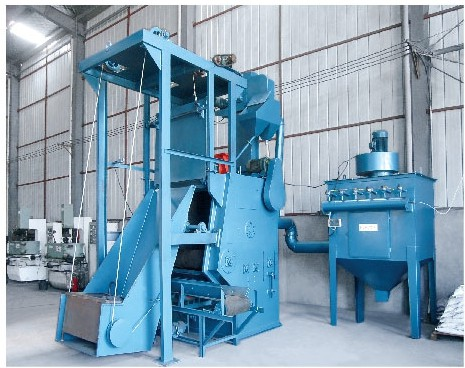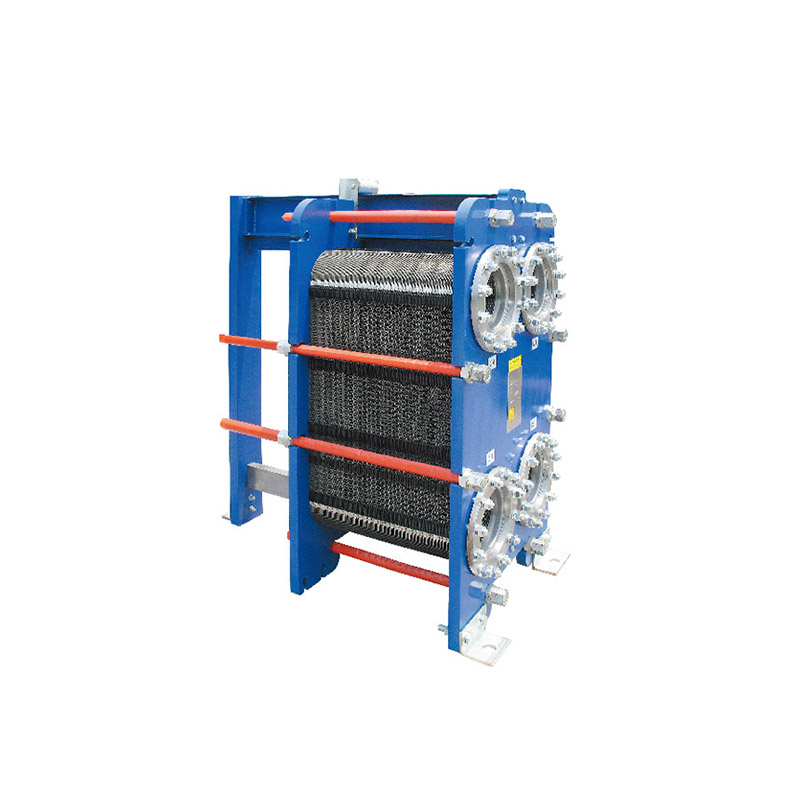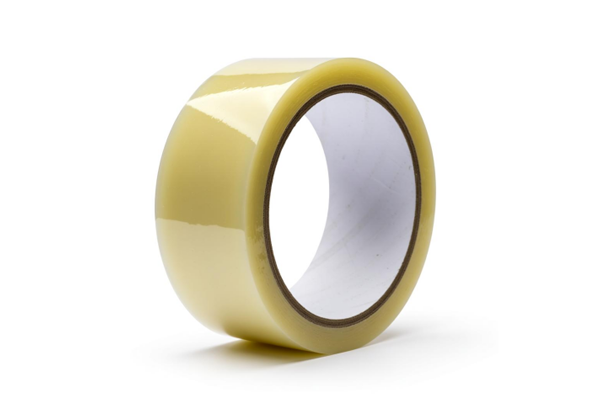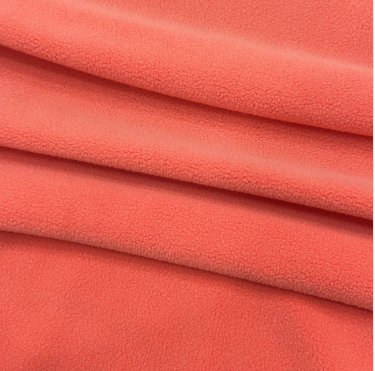Plastic pollution has become a global environmental crisis, prompting the urgent need for eco-friendly alternatives. In this blog post, we will delve into various materials that are more sustainable and environmentally friendly than plastic. From biodegradable options to innovative alternatives, we will explore the future of eco-conscious materials.
- Bioplastics: A Sustainable Solution
Bioplastics, derived from renewable resources such as cornstarch or sugarcane, offer a promising alternative to traditional plastics. These materials are biodegradable, reducing the long-lasting impact on the environment. They can be used in various applications, including packaging, disposable cutlery, and even 3D printing. - Plant-based Fibers: Harnessing Nature's Strength
Natural fibers, such as hemp, bamboo, and jute, are gaining popularity as eco-friendly alternatives to plastic. These fibers are renewable, biodegradable, and require fewer resources to produce. They can be used in textiles, construction materials, and even as a replacement for single-use plastic products like straws and bags. - Mycelium: Nature's Versatile Material
Mycelium, the root structure of mushrooms, is a remarkable material with immense potential. It can be grown into various shapes and forms, making it an excellent substitute for plastic packaging, insulation, and even furniture. Mycelium-based products are biodegradable, lightweight, and have a low carbon footprint, making them a sustainable choice. - Recycled Materials: Closing the Loop
Recycling plays a crucial role in reducing plastic waste, and using recycled materials can significantly contribute to a more sustainable future. Recycled plastics, metals, and glass can be transformed into new products, reducing the demand for virgin materials. Additionally, innovative technologies are being developed to recycle plastic waste into building materials, paving the way for a circular economy. - Nanocellulose: The Future of Sustainable Manufacturing
Nanocellulose, derived from plant matter, is a nanomaterial with exceptional strength and versatility. It can be used to create biodegradable films, coatings, and even electronics. With its renewable source and minimal environmental impact, nanocellulose holds great promise for revolutionizing various industries, including packaging, automotive, and construction.
Conclusion:
Plastic pollution is a pressing issue, but there are numerous eco-friendly alternatives available. From bioplastics and plant-based fibers to mycelium and nanocellulose, these materials offer sustainable solutions across various industries. By embracing these alternatives, we can reduce our reliance on plastic and pave the way for a greener future. Let's prioritize the use of eco-friendly materials and contribute to a healthier planet.









+ There are no comments
Add yours